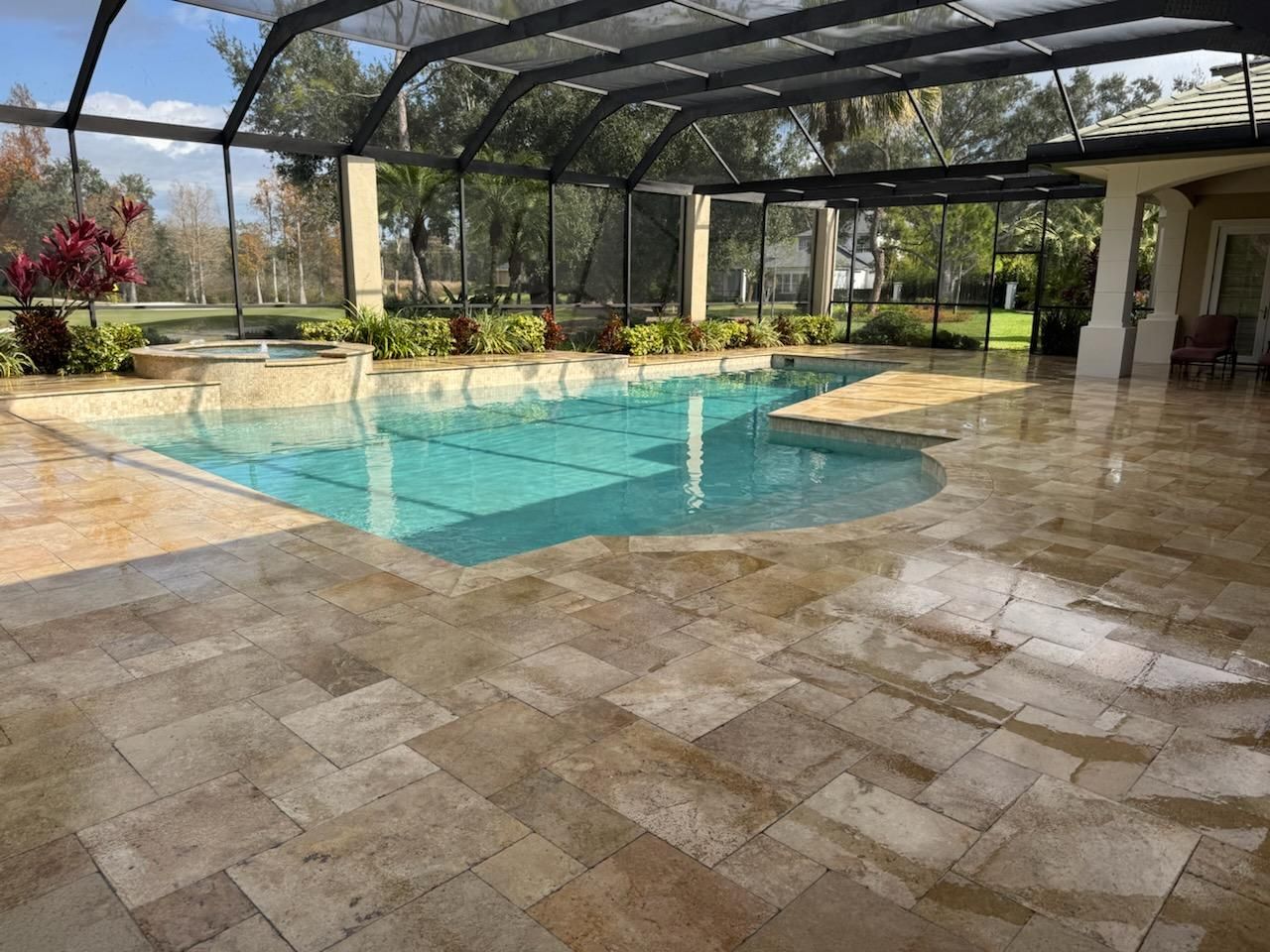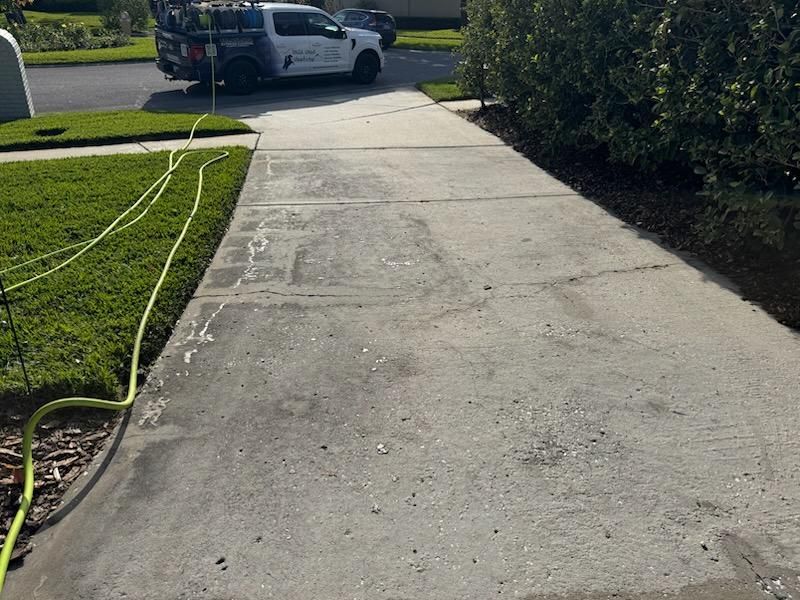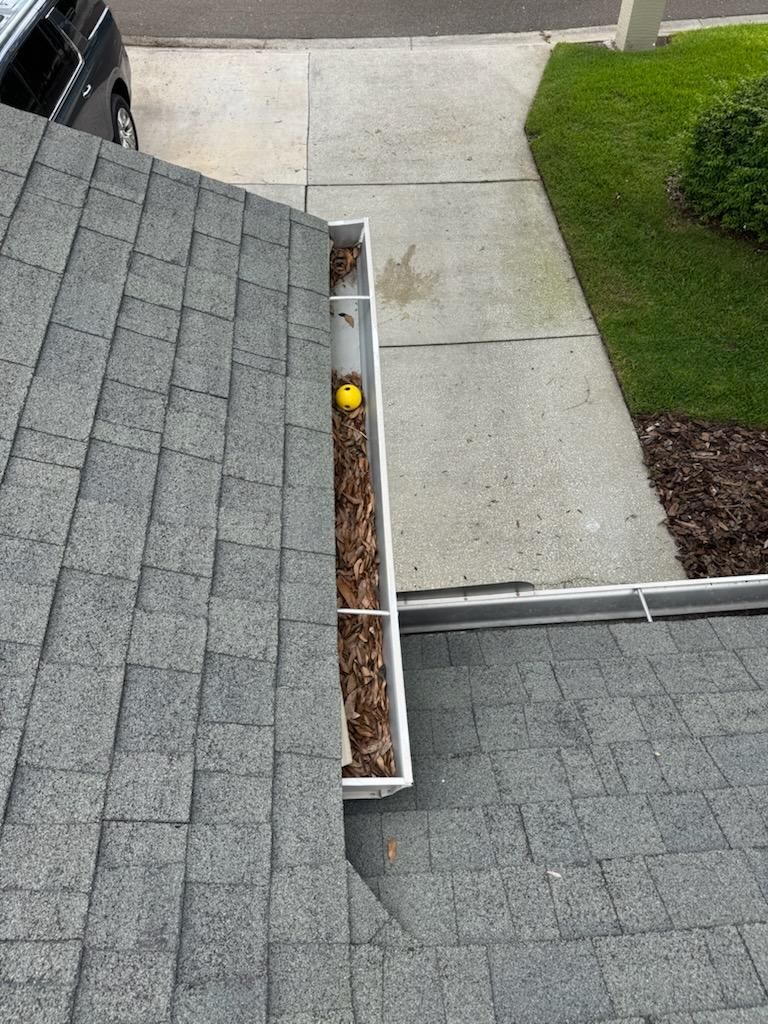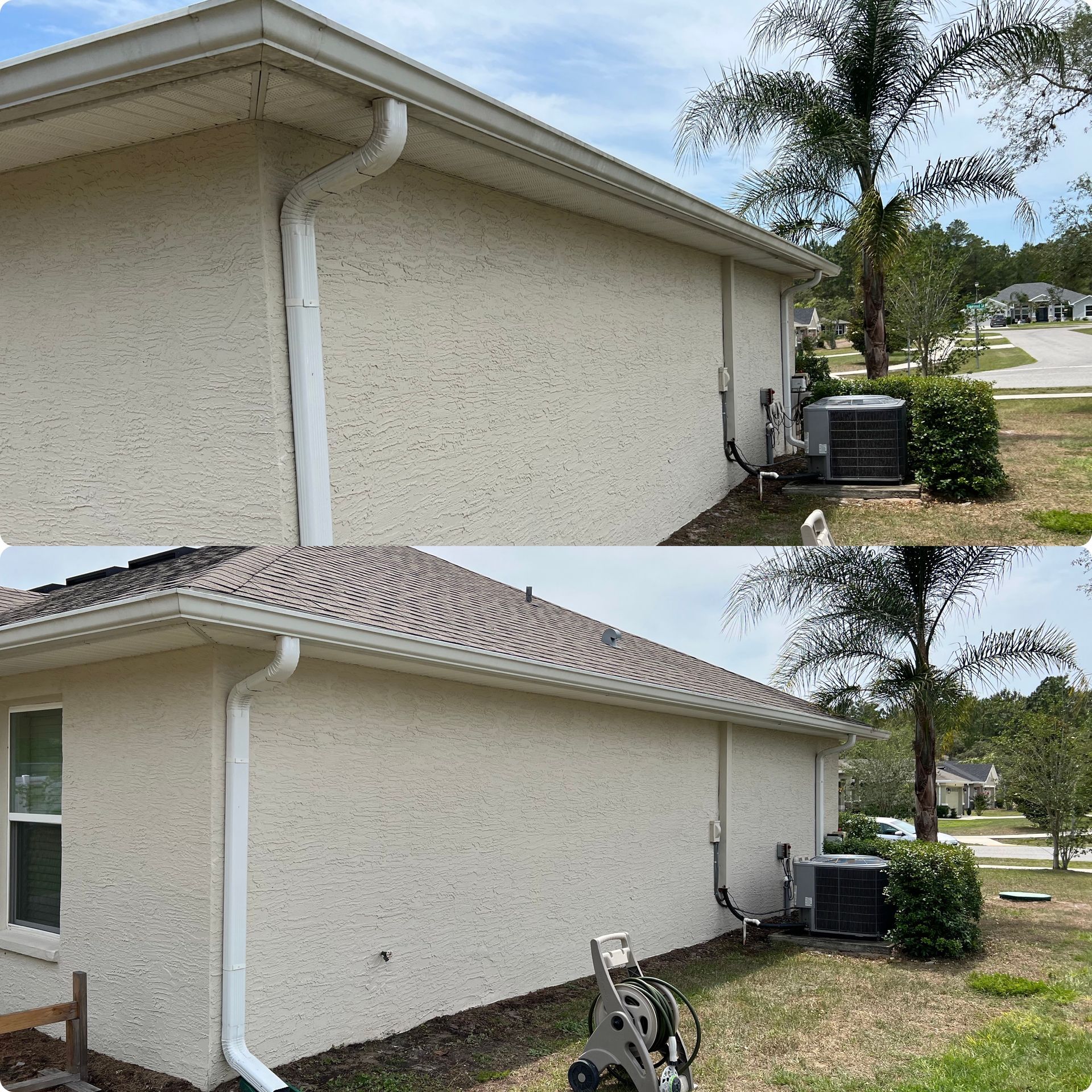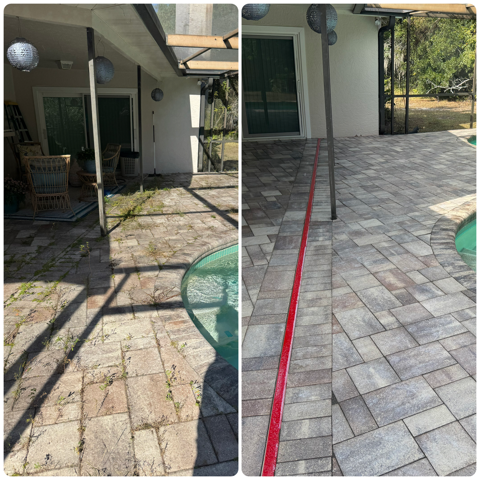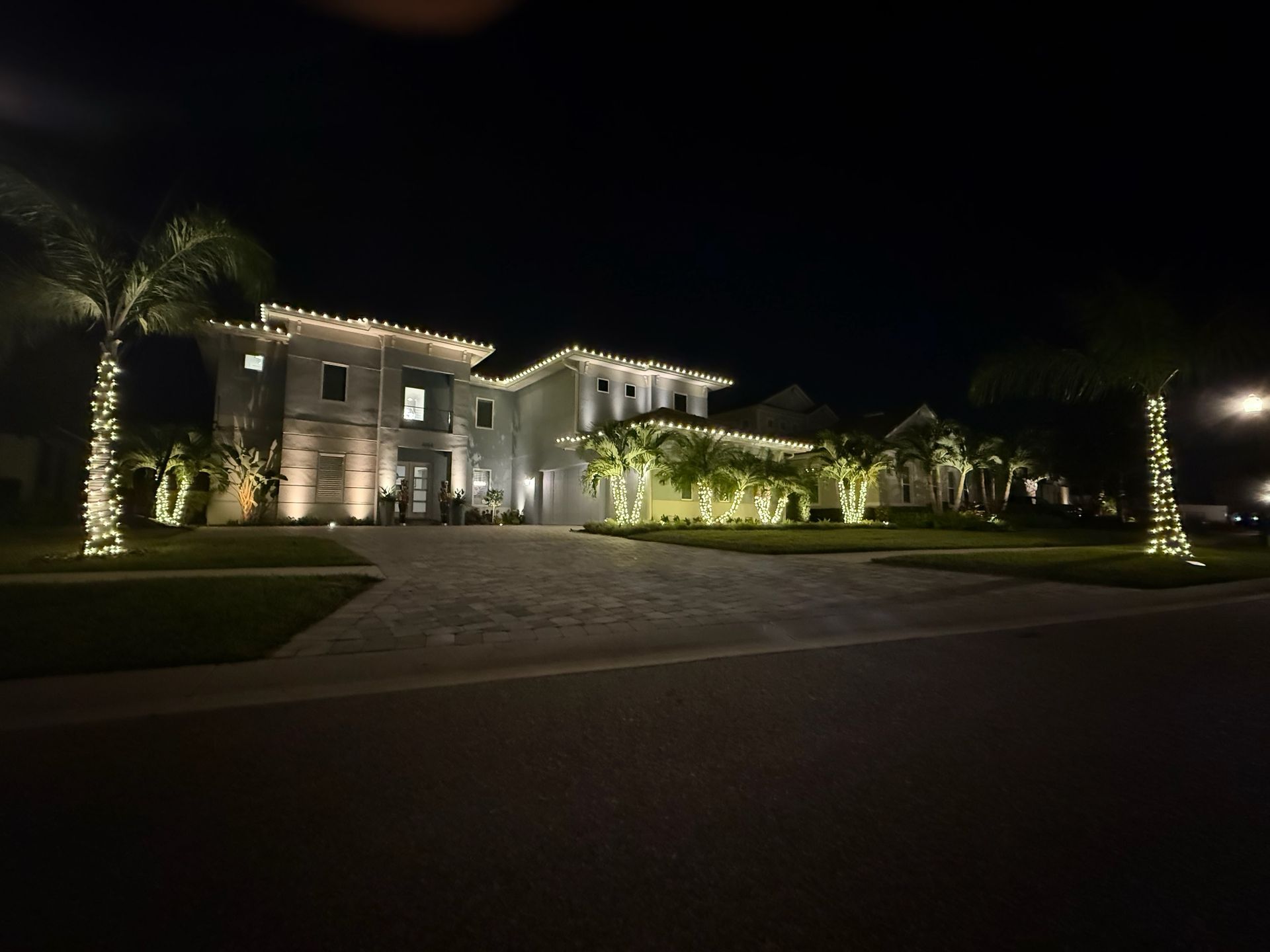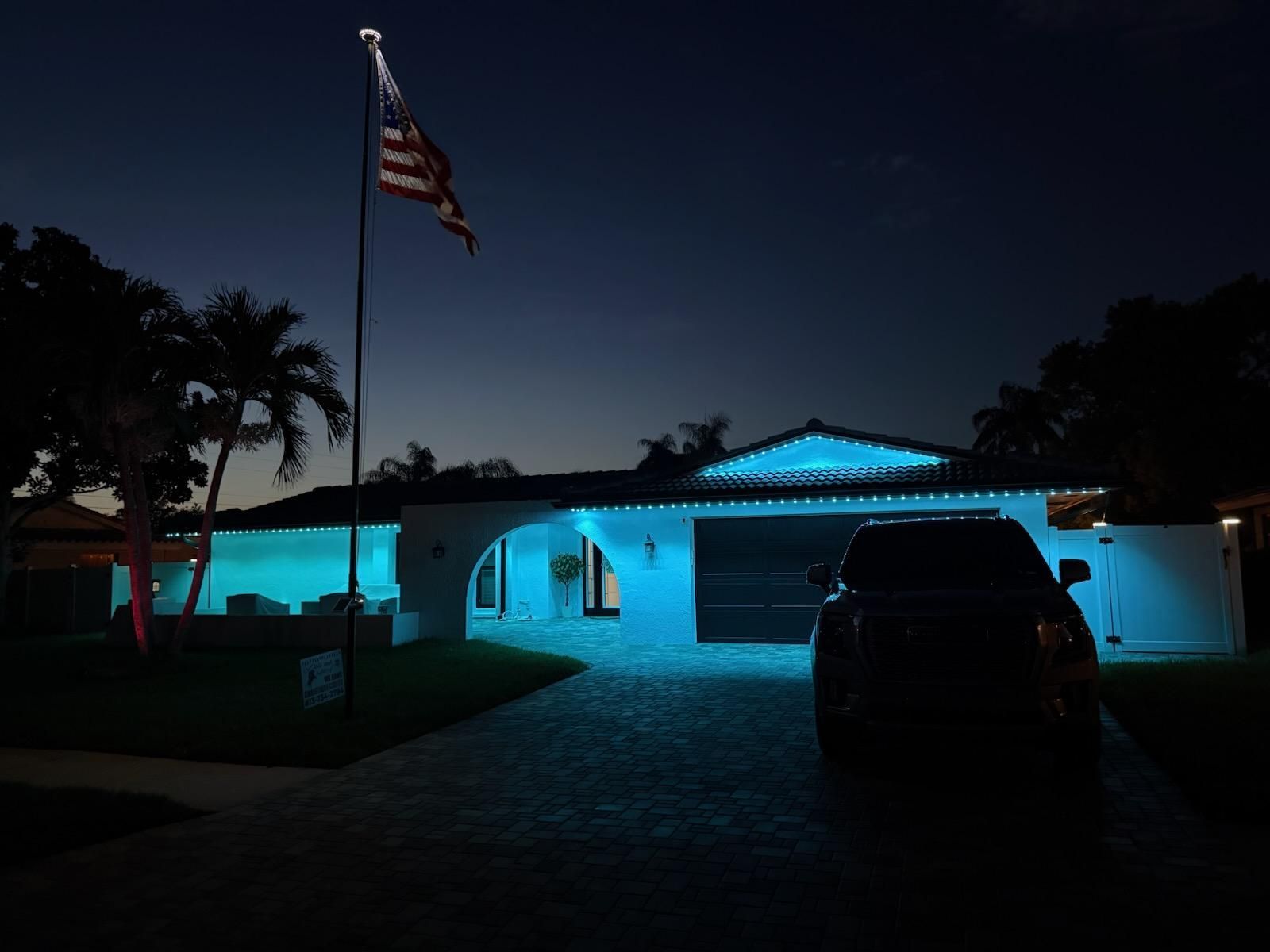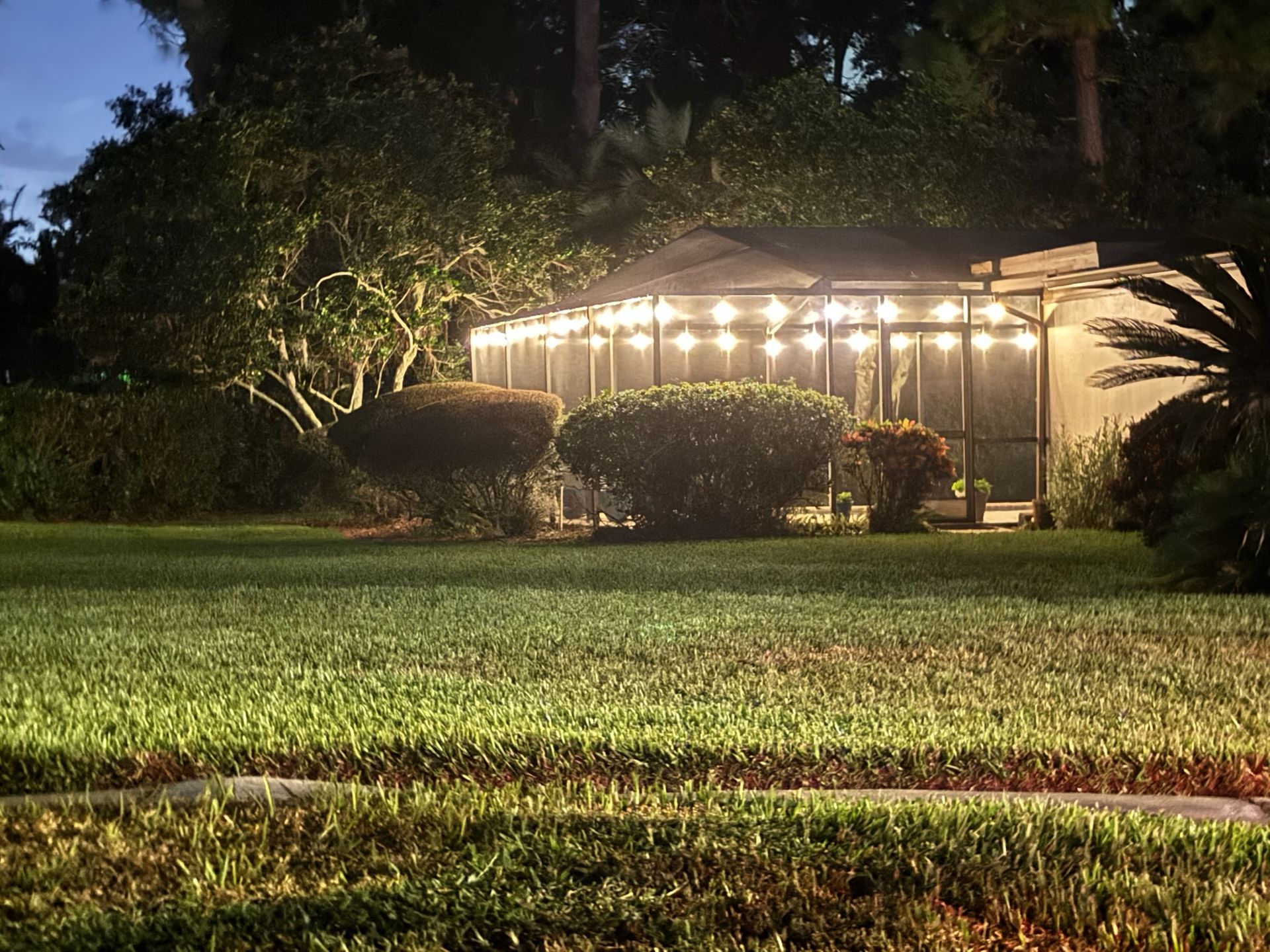Dirty pool deck?
Why Letting Mildew Build Up on Your Pool Can Be Dangerous
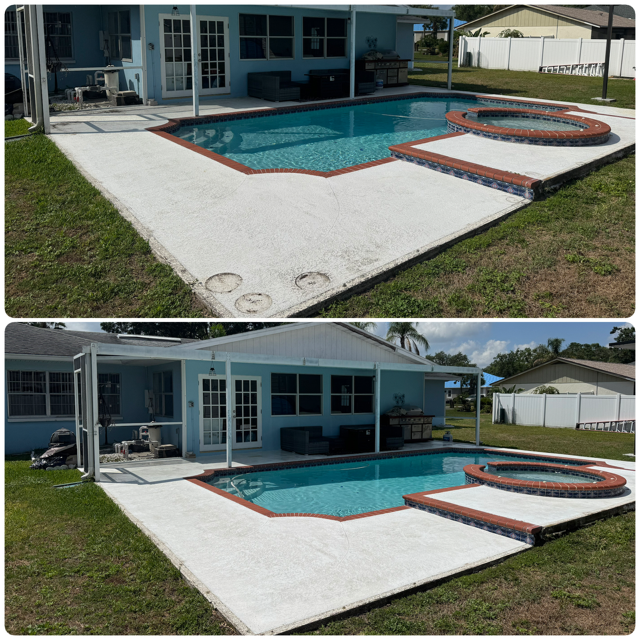
A backyard pool is meant to be a place of relaxation, fun, and exercise, but neglecting regular maintenance can turn it into a health hazard. One of the most overlooked threats? Mildew.
While it might seem like just an ugly stain or a slimy nuisance, letting mildew build up on your pool’s surfaces can have serious consequences for your health, safety, and even your wallet. Here's why ignoring mildew is a mistake you don’t want to make.
1. Health Hazards for Swimmers
Mildew is a type of fungus that thrives in moist, warm environments like your pool area. When left unchecked, it can release spores into the air and water, which can cause:
- Respiratory problems, especially for those with asthma or allergies
- Skin irritation or rashes
- Eye infections, especially in kids or people with sensitive skin
For families with children, elderly relatives, or anyone with a compromised immune system, mildew exposure can be especially risky.
2. Slippery Surfaces and Accidents
Mildew often forms a slimy, slick layer on pool decks, ladders, and tiles. This buildup can make surfaces dangerously slippery, increasing the risk of slips, falls, and injuries especially when people are running around the pool or climbing in and out.
Pool safety is a top priority, and mildew buildup directly undermines that.
3. Damage to Pool Materials
Over time, mildew can eat into surfaces and contribute to long-term damage:
- Pool liners can become stained and deteriorate
- Grout and tile can crack or become discolored
- Concrete decks can erode or develop unsightly stains that are difficult to remove
Repairing this damage can be costly, and in severe cases, parts of your pool may need to be replaced entirely.
4. Unpleasant Appearance and Odor
Let’s face it: no one wants to swim in a pool that looks and smells dirty. Mildew often comes with a musty odor and leaves behind dark green, black, or white streaks and blotches. This can make your pool look neglected, even if you're otherwise maintaining the water chemistry.
If you’re planning to entertain guests or sell your home, a mildew covered pool can be a major turn off.
5. It's Easier to Prevent Than to Fix
The good news? Mildew is preventable and easier to deal with when caught early. Regular cleaning, proper filtration, balanced pool chemistry, and good drainage around the pool can all help keep mildew at bay.
Use pool safe cleaners to scrub surfaces weekly, keep the water circulating, and avoid letting leaves and debris pile up. Investing a little time in maintenance now can save you a lot of trouble down the road.
In Summary
Mildew in your pool isn’t just an eyesore; it’s a potential health risk and a sign of deeper maintenance issues. By staying proactive, you protect your family’s safety, preserve your pool’s appearance, and avoid expensive repairs. A clean pool is a safe pool so don’t let mildew get a foothold.


